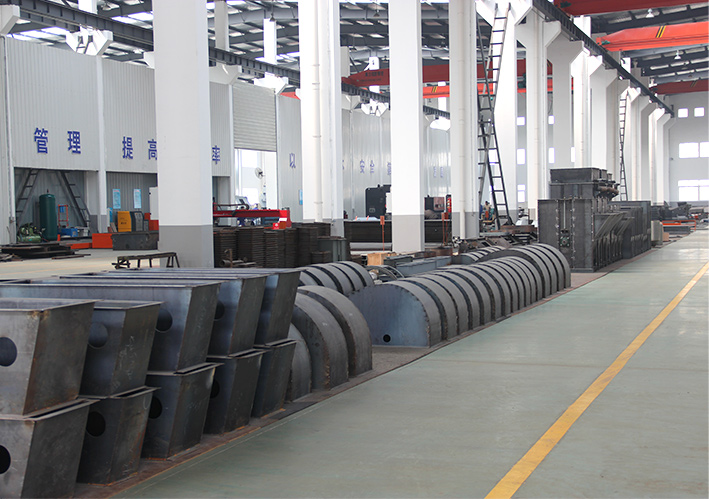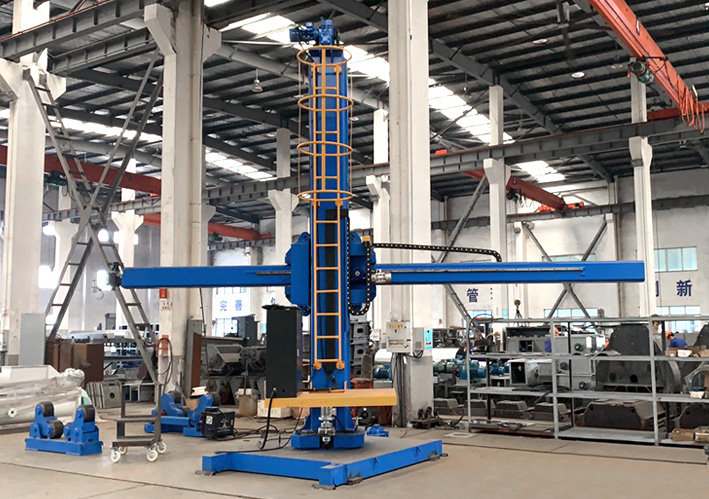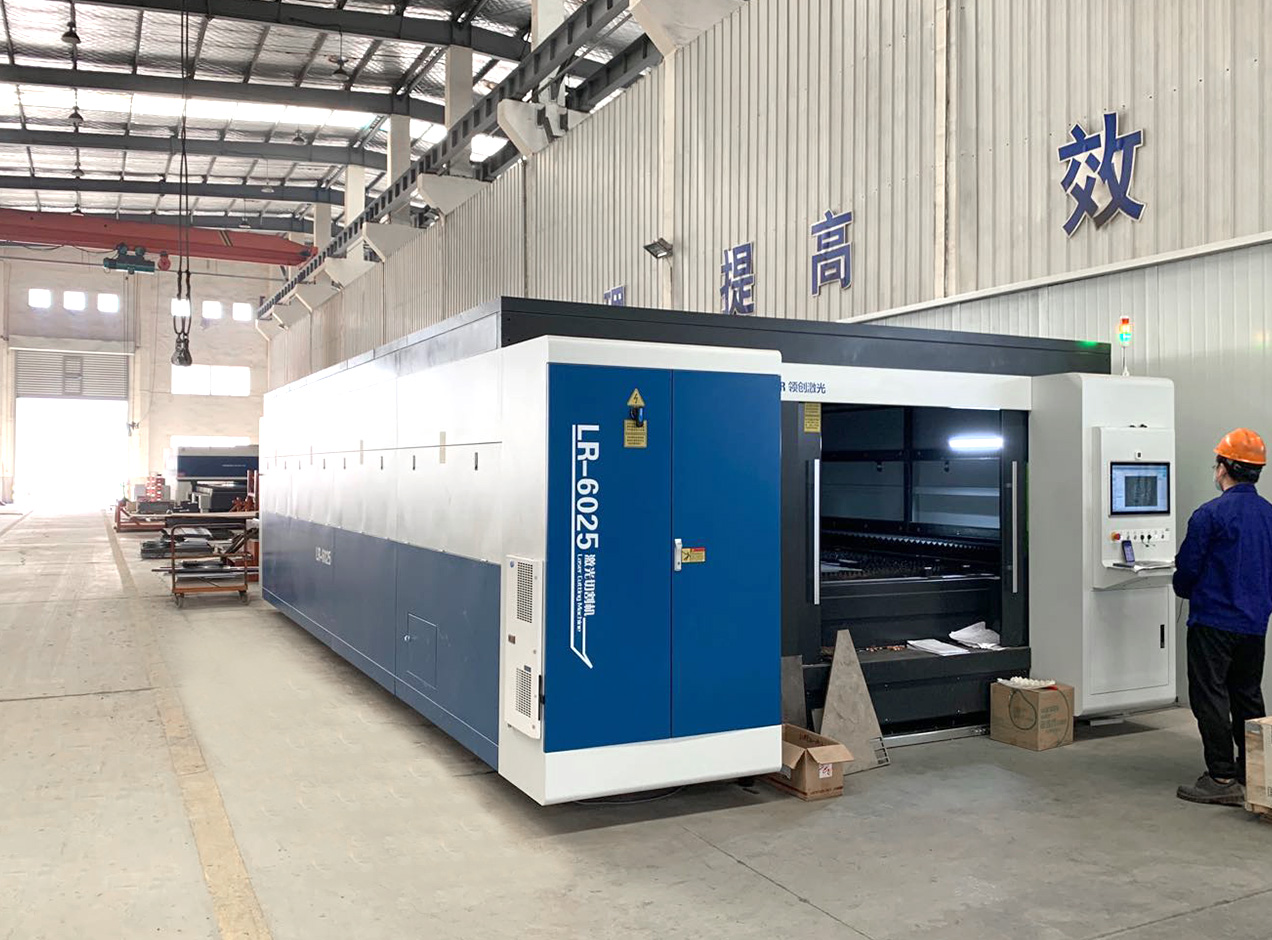What are the main advantages of using an automatic packing scale compared to manual methods?
Efficiency: Automatic packing scales are designed to streamline the packing process, making it significantly faster and more efficient compared to manual methods. They can weigh and pack products at a much higher rate, reducing labor costs and increasing overall productivity.
Accuracy: Manual packing methods are prone to human errors, such as inconsistent weighing or incorrect measurements. Automatic packing scales provide precise and accurate measurements, ensuring consistent product weights and reducing the risk of under or over-packing.
Consistency: Automatic packing scales ensure uniformity in the packaging process. They can be programmed to maintain consistent packaging standards, such as the exact weight or volume for each product. This consistency helps maintain product quality and customer satisfaction.
Waste reduction: By accurately measuring and packaging products, automatic packing scales help minimize waste. They can optimize the amount of product used for each package, reducing the risk of excess material or overpacking. This not only saves costs but also contributes to environmental sustainability.
Data collection and analysis: Many automatic packing scales come with integrated software that allows for data collection and analysis. This feature provides valuable insights into the packing process, such as production rates, batch tracking, and quality control. The collected data can be used for process improvement, inventory management, and overall optimization.
Ergonomics and safety: Manual packing methods can be physically demanding and lead to repetitive strain injuries or accidents. Automatic packing scales reduce the need for manual handling and repetitive tasks, promoting better ergonomics and reducing the risk of injuries. Workers can focus on supervising and managing the packing process instead of engaging in labor-intensive activities.
What types of products are typically packed using automatic packing scales?
Food Products:
Automatic packing scales are extensively used in the food industry to pack items such as grains, rice, flour, sugar, spices, nuts, coffee beans, dried fruits, frozen vegetables, and snack foods.
Pet Food: Automatic packing scales are employed to pack different types of pet food, including dry kibble, wet food, treats, and pet supplements.
Pharmaceuticals: In the pharmaceutical industry, automatic packing scales are utilized to pack tablets, capsules, and other solid medication forms. These scales ensure accurate dosing and precise packaging.
Chemicals: Various types of chemicals, including powdered chemicals, granules, fertilizers, and industrial additives, can be efficiently packed using automatic packing scales.
Aggregates and Construction Materials: Automatic packing scales find application in the construction industry for packing aggregates like sand, gravel, crushed stones, and construction materials such as cement, mortar, and premixed concrete.
Seeds and Agricultural Products: Automatic packing scales are used for packaging seeds, grains, beans, pulses, and other agricultural products. This includes products like corn, wheat, soybeans, rice, and lentils.
Hardware and Fasteners: Items like nuts, bolts, screws, nails, washers, and other small hardware components can be accurately weighed and packed using automatic packing scales.
Animal Feed: Automatic packing scales are employed to pack animal feed and supplements, including pellets, granules, and powdered formulas for livestock, poultry, and aquaculture.
Cosmetics and Personal Care Products: Certain cosmetic and personal care products, such as powdered makeup, face masks, bath salts, and body scrubs, can be packed using automatic packing scales.
Retail Products: Automatic packing scales are utilized in retail settings to pack products like coffee beans, loose tea leaves, dried fruits, spices, candies, and other bulk items for sale.

 English
English Español
Español عربى
عربى Français
Français


















 Tel: 0086-519-87905108
Tel: 0086-519-87905108  Email:
Email: 